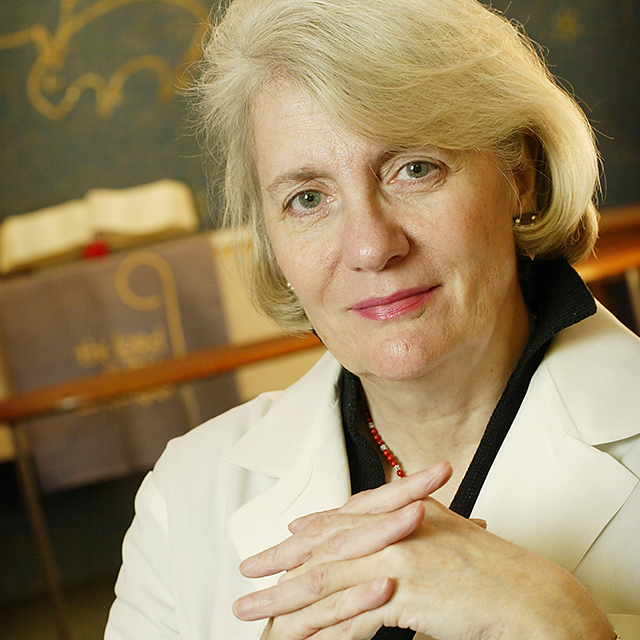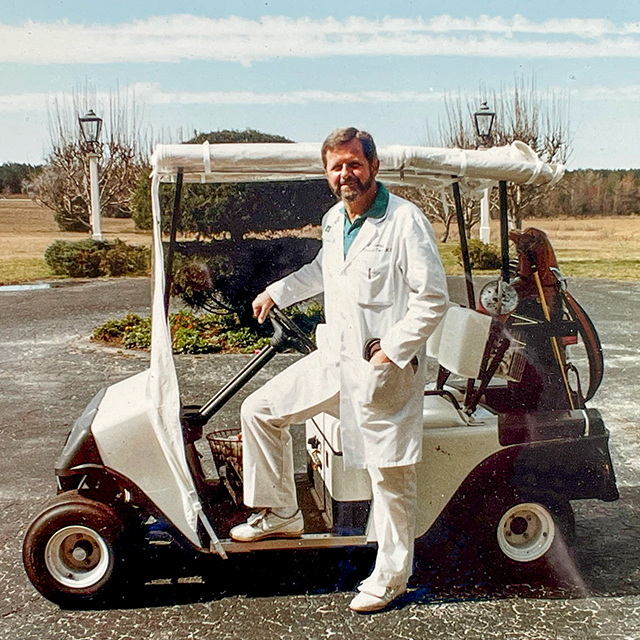Haig Kazazian Jr. ’62, a pioneering scientist in the field of genetic medicine, died Jan. 19 of congestive heart failure. The Baltimore resident was 84.
Born to Armenian parents who survived genocide during World War I, Kazazian directed several genetics services at Johns Hopkins and made pivotal discoveries in human genetics, including identifying the molecular basis of hemoglobin disorders, hemophilia and the role of mobile DNA elements known as transposons, or “jumping genes,” in human disease.
“Dr. Kazazian contributed many seminal discoveries to the field of genetic medicine and science, and particularly introduced the practice of prenatal diagnosis of hemoglobin disorders to the world,” says Ambroise Wonkam, director of the Department of Genetic Medicine and the McKusick-Nathans Institute of Genetic Medicine at the Johns Hopkins University School of Medicine.
After earning his medical degree at Johns Hopkins in 1962, he completed his residency in pediatrics at the University of Minnesota and The Johns Hopkins Hospital, then trained in human genetics at Johns Hopkins and the National Institutes of Health.
In 1969, Kazazian joined the Johns Hopkins faculty. During his career, he established the first DNA diagnostic laboratory and directed the pediatrics genetics unit and the Center for Medical Genetics at The Johns Hopkins Hospital.
Kazazian left Johns Hopkins in 1994 to chair the genetics department at the University of Pennsylvania School of Medicine. He was chair of the department until 2006 and retired in 2010.
Then, Kazazian returned to Johns Hopkins to continue research in the McKusick-Nathans Institute of Genetic Medicine. He remained on the faculty at Johns Hopkins as professor of genetic medicine, pediatrics and molecular biology and genetics until his death.
In one of his earliest discoveries, Kazazian worked with physician-scientist Stuart Orkin to characterize mutations that cause beta-thalassemia, a common disorder of inadequate production of hemoglobin.
Kazazian published more than 400 peer-reviewed journal articles and a book, Mobile DNA: Finding Treasure in Junk.



